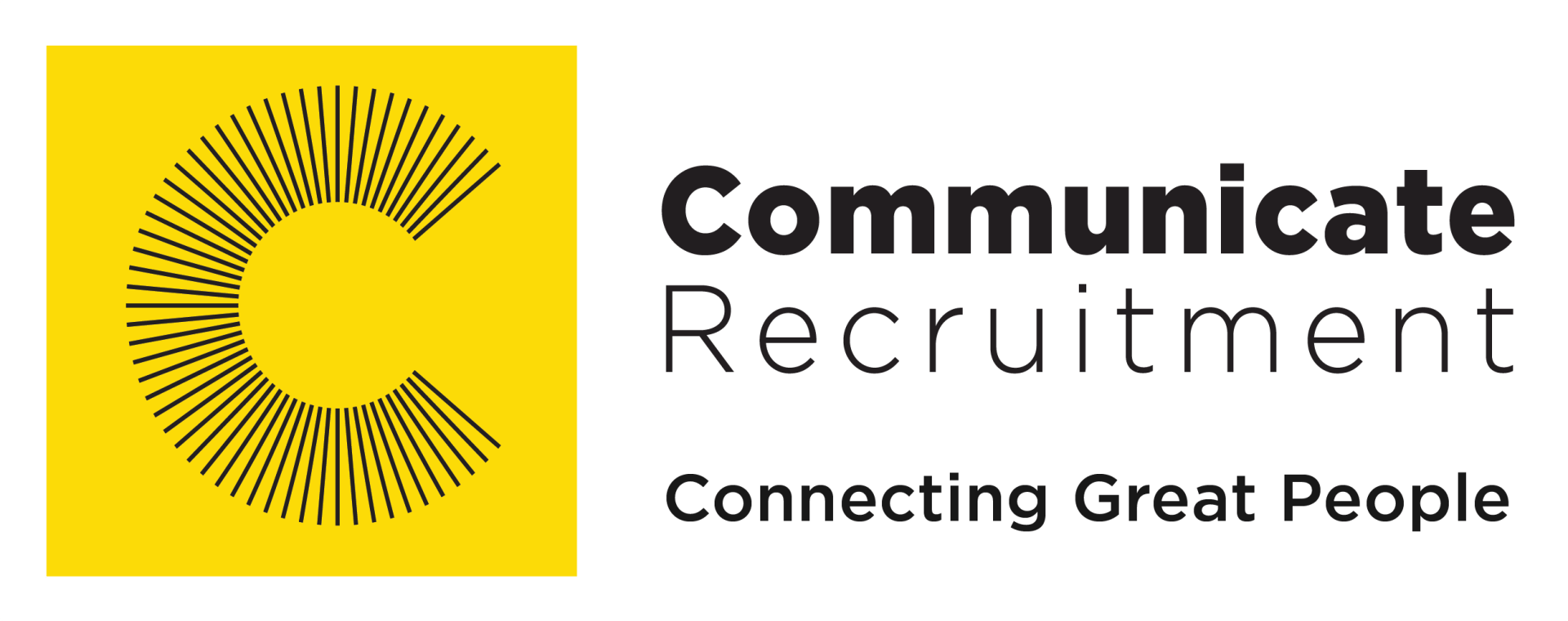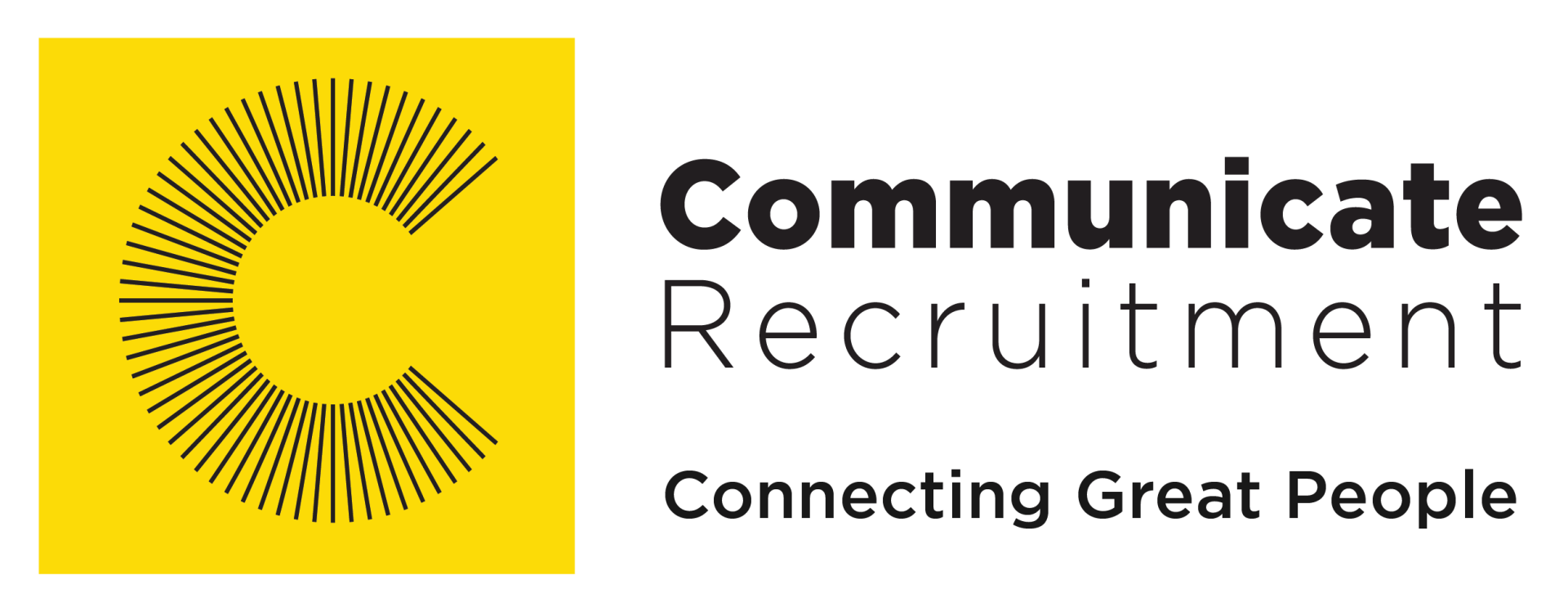Social Media how much impact does it have on your job search?
Recently the media has been filled with incidents where politicians and public figures got removed from positions due to remarks or comments on social media. It sparked a debate in relation to what is considered freedom of speech and if it’s legal to use social media as part of the screening process during the hiring process.
Social media has added a new dimension to the recruitment mix. In South Africa, there are no laws prohibiting the use of public information like the information posted on public social media forums for background checks.
LinkedIn is one such platform that enables recruiters to find out if a candidate has lied on their application about qualifications, experience, or any other information. On the other hand, social media platforms are not always used just to try to catch people out but can also assist recruiters to determine if the candidate will be a good fit for a company’s culture and to see if the candidate is well-rounded, which are often things you can’t conclude off a paper CV.
For hiring managers the risks of recruiting the wrong person are plenty, ranging from poor job and/or team fit resulting in low productivity; to financial loss through having to recruit again within a short time; through to financial and reputational risk to the organization through economic crime.
On the other hand, platforms such as Twitter and Facebook are now mainstream communications tools in a variety of sectors, and someone who has demonstrated that they can build and manage a professional web identity has a very marketable skill.
So how do you go about cleaning up your social media profile if you are thinking of job hunting?
1) It’s permanent remember that
By now you should all know that what you put online is permanent. So here is a tip for the future, no matter if you are job searching or not consider carefully what you post online about yourself. It is true that your online presence is just a snapshot of who you are. But to a recruiter, your social media profile is like the cover of your book: It should give a little insight into your personality but not raise any red flags.
2) Privacy settings
Once again this tip is just plain good old online security whether you are in the job market or not. You don't have to share everything with everyone, most social media platforms have some form of privacy settings. Use it and be selective of who you connect with.
3) Restrict Tagging
When it comes to unflattering
photos then Facebook is probably the biggest culprit. You might have spent some time cleaning up your albums and adjusting your privacy settings but you never know when a friend is going to tag you in a comment or photo that casts you in a questionable light.
4) To speak or not to speak
So does that mean you are not allowed to take part on Twitter or voice your opinion? No, you don't have to shy away from these conversations or hide what you believe in. But be wary of how you engage in them. Too many F-bombs, or even one instance of offensive name-calling, can ruin your online reputation and make you appear to be a risk to employers.
Social networks offer a great new platform to engage with peers, network with people across the world but also rub shoulders with potential employers, opening up a whole new world of career opportunities. Managing it in a responsible way will go a long way in building your own online identity.
If you are in the market for a new job, we can assist. Communicate Recruitment is a recruitment agency with specialist consultants that will assist you in finding an exciting new job, whether it’s jobs in the Finance, IT, Engineering, Freight, or Supply Chain industry. Check out our vacancy page and apply now!





